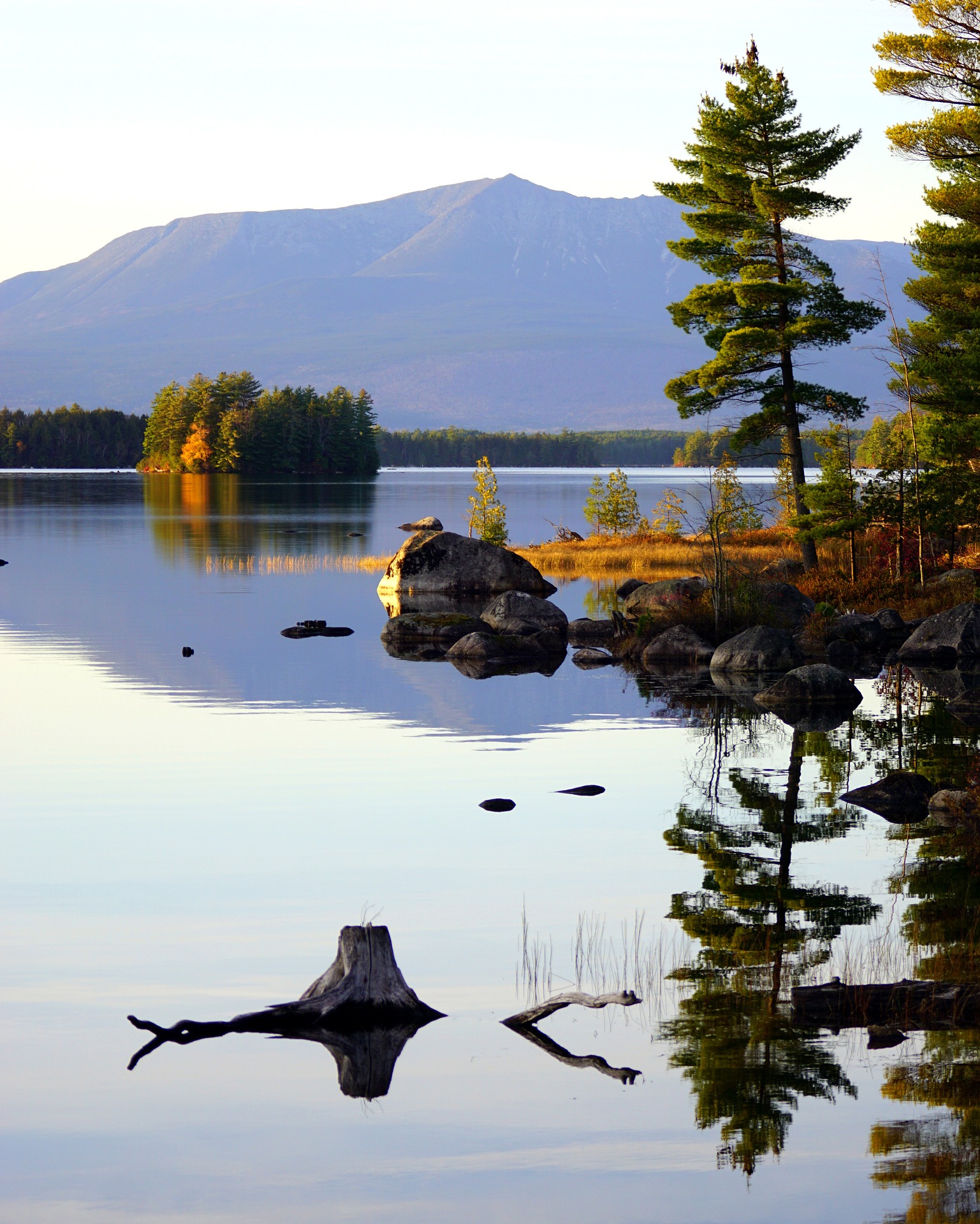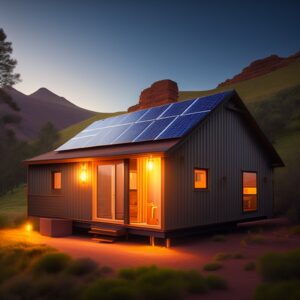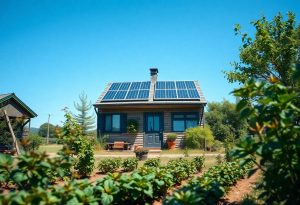Introduction
Ever heard of the saying, “It’s not the heat; it’s the humidity”? Well, whoever said that must have never tried to sleep in a hot, stuffy room in the middle of summer. And if you’re here, it’s probably safe to assume that you haven’t either. But wait, there’s a catch – we’re not just talking about any ordinary air conditioner. Today, we’re diving into the world of the off grid air conditioner. You know, the kind that doesn’t make Mother Nature roll her eyes at us.
The Concept of Off Grid Air Conditioning
What is an Off Grid Air Conditioner?
An off grid air conditioner is a cooling system designed to operate independently from the traditional power grid. Like that one cousin who insists on doing things differently, these systems have their own way of keeping things chill. They rely on alternative power sources such as solar, battery, or evaporative cooling to keep your living space comfortable.
Why Consider Going Off Grid?
You might wonder, “Why go off grid?” It’s like being asked why you’d want to go on an adventure – the thrill of it, the satisfaction of being self-reliant, and not to mention, the potential cost savings! With a well-planned off grid air conditioning system, you could save on energy costs while doing your bit for the planet. Not a bad deal, right?
Types of Off Grid Air Conditioners
There are different strokes for different folks when it comes to off grid air conditioners. Here are the most popular options.
Solar Air Conditioners
Solar air conditioners are like that friend who’s always sunny-side up. They soak up sunlight during the day and store that energy to cool your home.
Battery Powered Air Conditioners
Battery-powered air conditioners are your night owls. They store power when it’s available and use it to cool your home when you need it most. They’re reliable, efficient, and they don’t have a bedtime.
Evaporative Coolers
Ever noticed how much cooler it is by a lake or a waterfall on a hot day? Evaporative coolers, also known as swamp coolers, use the same principle to cool your home. They’re an excellent option in hot, dry climates.
Considerations When Choosing an Off Grid Air Conditioner
Just like how we don’t go grocery shopping without a list (hopefully), there are a few things you should consider before choosing an off grid air conditioner.
Energy Efficiency
This one’s a no-brainer. The more energy-efficient your air conditioner is, the less power it will need, and the lower your energy bills will be.
Climate Considerations
If you live in a hot, dry climate, evaporative coolers are your best friend. Solar could be the way to go if you get plenty of sunshine.
Size and Cooling Capacity
Too small, and your unit won’t cool your room adequately. Too large, and you’ll have unnecessarily high energy bills. It’s like Goldilocks; you need to find the one that’s just right.
Budget and Maintenance Costs
Budget wisely. It’s not just about the initial costs but also about the ongoing maintenance costs. A more expensive unit could end up being cheaper in the long run if it has lower maintenance costs.
Advantages and Disadvantages of Off Grid Air Conditioners
Going off grid is a big step, and knowing what you’re getting into is important. While the advantages include cost savings and environmental benefits, the disadvantages might include higher upfront costs and climate limitations. But hey, every rose has its thorn, right?
Steps to Set Up an Off Grid Air Conditioner
Setting up an off grid air conditioner is an exciting journey towards self-sufficiency and sustainable cooling. Here are the essential steps to get you started:
- Assess Your Cooling Needs: Determine the areas you want to cool and calculate the required cooling capacity. This will help you choose the right size and type of off grid air conditioner.
- Select the Off Grid Air Conditioner Type: Based on your climate, energy availability, and preferences, choose between solar, battery-powered, or evaporative coolers. Consider the pros and cons of each type.
- Evaluate Solar Potential: If you opt for a solar air conditioner, assess your location’s solar potential. Ensure you have sufficient sunlight exposure for effective operation.
- Design Your Off Grid Power System: Determine the power capacity needed to run your air conditioner and other appliances. Select the appropriate solar panels, batteries, charge controller, and inverter for your system.
- Install Solar Panels or Battery System: Install solar panels on your roof or an optimal location to capture sunlight. Alternatively, set up the battery system and connect it to your air conditioner.
- Mount and Install the Air Conditioner: Follow the manufacturer’s instructions to mount and install the air conditioner unit. Ensure proper placement and secure installation.
- Connect the Off Grid Air Conditioner: Connect the air conditioner to your power system, whether it’s solar panels, batteries, or the evaporative cooling mechanism.
- Set Up System Controls: Configure the controls and settings of your air conditioner. Adjust temperature settings, fan speeds, or humidity controls according to your preferences.
- Test and Fine-tune: Turn on the system and ensure it operates correctly. Monitor the performance and make any necessary adjustments or optimizations.
- Maintain and Service: Regularly clean and maintain your off grid air conditioner as the manufacturer recommends. Schedule professional servicing when needed to keep the system in optimal condition.
Remember, it’s crucial to consult with professionals or experienced individuals in the field to ensure safe and efficient installation of your off grid air conditioning system. Enjoy the freedom of cooling off the grid while reducing your environmental impact!
How About a DIY Off Grid Air Conditioner for Cool Creativity?
If you’re the hands-on type and love a good DIY project, you’ll be thrilled to know that there are options for building your own off grid air conditioner. While these DIY solutions may not have the same cooling capacity as commercial units, they can still provide relief from the heat in smaller spaces or serve as temporary cooling solutions. Here are a couple of creative DIY ideas to explore:
- Bucket Air Cooler: This simple and affordable DIY air cooler can be made using a large bucket, a small fan, and ice. By positioning the fan on top of the bucket and placing ice or cold water inside, the fan blows the chilled air out, creating a refreshing breeze. While it may not be as powerful as a traditional air conditioner, it can offer localized cooling for small areas.
- Desert Cooler: Also known as a “swamp cooler,” a DIY desert cooler can be constructed using basic materials like a fan, a water pump, and a wet pad made of materials like straw or a specialized cooling pad. The fan draws air through the wet pad, causing evaporation and reducing the air temperature. This DIY evaporative cooler is most effective in dry climates with low humidity.
When embarking on DIY off grid air conditioner projects, it’s important to prioritize safety and adhere to proper guidelines. Ensure proper ventilation, avoid overloading electrical circuits, and exercise caution when working with water or other cooling mediums. DIY air conditioners may not provide the same efficiency or reliability as commercially available options, but they can serve as fun and creative alternatives in certain situations.
Remember, for long-term and more substantial cooling needs, it’s advisable to invest in a professionally designed and manufactured off grid air conditioner that can offer the necessary cooling capacity, efficiency, and durability.
Delving Deeper into Types of Off Grid Air Conditioners
We’ve skimmed the surface of off grid air conditioning options, but let’s dive a bit deeper. Buckle up; it’s going to be a cool ride!
Hybrid Solar Air Conditioners
Hybrid solar air conditioners are like a chocolate-vanilla swirl ice cream cone. They give you the best of both worlds. These systems use solar power when the sun is shining and switch to battery or grid power when it’s not. Clever, right?
Portable Battery Powered Air Conditioners
For those of you who aren’t ready to commit to a full off grid system, or simply need a cooling solution for a small space or RV, portable battery powered air conditioners are a fantastic option. They’re lightweight, versatile, and can follow you around like a loyal puppy.
Pros and Cons of Each Type
Every air conditioner has its strengths and weaknesses. While solar air conditioners are incredibly efficient and eco-friendly, they’re also reliant on sunny weather. Battery-powered systems offer more consistent performance but require regular charging. Evaporative coolers are cost-effective and efficient but only really effective in dry climates.
How to Maintain Your Off Grid Air Conditioner
Just like a car, your off grid air conditioner needs regular check-ups to stay in peak condition.
Regular Cleaning
Dust and debris can clog up your air conditioner, reducing its efficiency. Regular cleaning is essential to keep it running smoothly.
Seasonal Checks
At the start and end of the cooling season, give your air conditioner a thorough check. Look for any potential issues and address them promptly.
Professional Servicing
Don’t hesitate to call in a pro if you notice any significant issues. Regular professional servicing can help extend the life of your unit.
Success Stories: Living the Off Grid Air Conditioned Dream
Need some inspiration? There are plenty of success stories out there of people living the off grid, air-conditioned dream. From homesteaders in Arizona keeping cool with solar air conditioners to RV owners traversing the country with their trusty portable units, the dream is very much alive.
Final Thoughts
Choosing an off grid air conditioner isn’t a decision to be made lightly. But with the right information and some careful planning, you could be on your way to comfortable, sustainable cooling. So, are you ready to take the leap and go off grid?
FAQs
Can off grid air conditioners work in any climate?
Off grid air conditioners work best in certain climates. For instance, evaporative coolers are most effective in hot, dry climates.
Are off grid air conditioners expensive?
While they may have a higher initial cost, off grid air conditioners can lead to significant savings in the long run.
Can I install an off grid air conditioner myself?
It’s recommended to hire a professional to ensure the air conditioner is installed correctly and safely.
Can an off grid air conditioner cool my entire home?
The ability of an off grid air conditioner to cool your home depends on its cooling capacity and the size of your home.
Can I use solar power for other appliances too?
You can use solar power for many other home appliances, including lighting and electronics.
What is a hybrid solar air conditioner?
A hybrid solar air conditioner uses solar power when available and switches to battery or grid power when sunlight is unavailable.
Are portable battery powered air conditioners effective?
Yes, they can be an effective solution for small spaces or mobile cooling needs, such as in an RV.
What brands are recommended for off grid air conditioning?
Top brands include LG, Samsung, and Panasonic, among others. Researching and choosing a model that fits your specific needs and budget is recommended.
How often should I service my off grid air conditioner?
Regular cleaning and checks are recommended. A professional service is advisable at least once a year.
Can I really live comfortably with an off grid air conditioner?
Absolutely! Many people enjoy comfortable, cooled homes using off grid air conditioning. It’s all about choosing the right system for your needs and maintaining it properly.





Pingback: Building Off the Grid: A Guide to a Self-Sustained Lifestyle
Pingback: Off Grid Solar System: A Step Toward Self Sufficiency
Pingback: Benefits of Composting: A Complete Guide - Eco Life Wise
Pingback: How to Make Compost: A Guide to a Greener Garden
Pingback: Eco Friendly Companies: Meet the Eco Super Heroes
Pingback: Indoor Vine Plants: Greenery and Serenity for Your Home
Pingback: Composting Toilets: From Waste to Wonder and Fertilizer Gold!
Pingback: Energy Efficient Homes: Your Ultimate Guide to Greener Living | Eco Life Wise
Pingback: Organic Nails: Unearthing the Ultimate Guide to Natural Nail Art | Eco Life Wise
Pingback: Unlock Sustainability Goals: Ditch Non-Renewable Polymers for Eco-Alternatives | Eco Life Wise
Pingback: Portable Solar Panels: An Anywhere, Anytime Solution
Pingback: Redmon Green Culture Compost Aerating Tool Review: 10 Nifty Innovative Tips | Eco Life Wise
Pingback: Vegan Shoes: 10 Little Known Facts to Get You Excited | Eco Life Wise